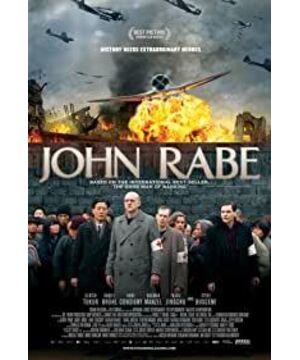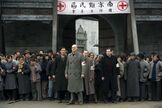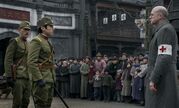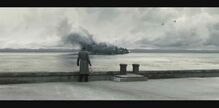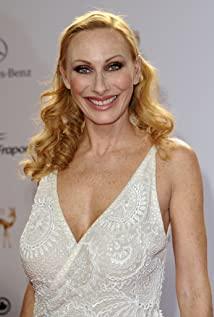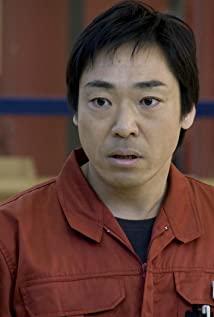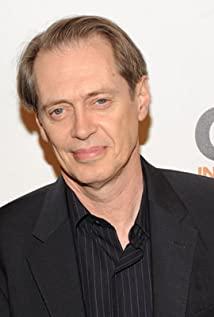"Rabe's Diary" describes the story of Rabe and other international friends building and maintaining the safe zone. The whole movie is pretty good except that the emotional line between George Rosen and Lan Shu is a bit far-fetched (it's a commercial element after all). What touched me the most about the film was that a small character like the Major did not have much right to make his own choices under the circumstances at the time (who can control his own destiny under a certain background?) but he always kept his sobriety and conscience. Under the pressure of Prince Xia of the Hatohiko Dynasty of Asaka Palace (the Japanese who were deeply influenced by Confucian culture were very concerned about the ominous prophecy of killing and surrendering, and Japan's resources were limited at that time, it is not difficult to understand that Hatohiko Asaka issued "Don't take prisoners of war back" clear instructions) Major shot the thousands of prisoners of war he brought back. In the second half of the film, Major risks reminding George Rosen of the Japanese military's decision to clear the safe zone before ambassadors and the media return to Nanjing. Although I hate Major Colonel's crime of slaughtering thousands of Chinese, I also thank him for telling George Rosen's actions to temporarily keep the safe zone (the thing that touches me the most has nothing to do with Rabe, but this is my true opinion) "Rabe" Bei's Diary is bloody and tender. Rabe and Dr. Wilson abstained from voting against themselves as vice-chairmen of the committee, but both accepted the committee's appointment. Rabe, Wilson and other international friends crossed nationalities during the Anti-Japanese War and made selfless contributions to China and the Chinese people. Their courage, sacrifice and contribution are worth remembering by each of our younger generations. I think this is also the value of "Rabe's Diary".
View more about John Rabe reviews


